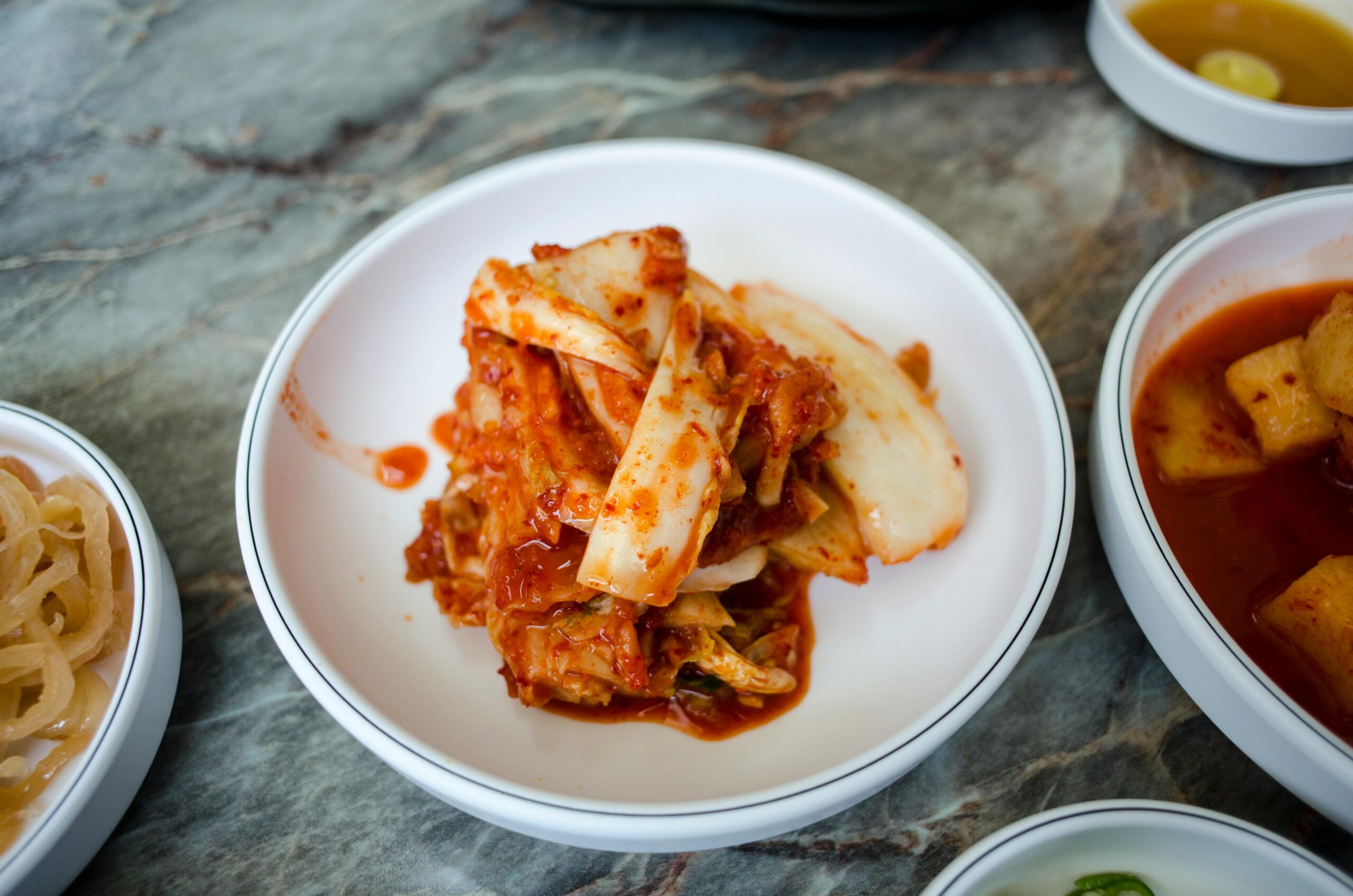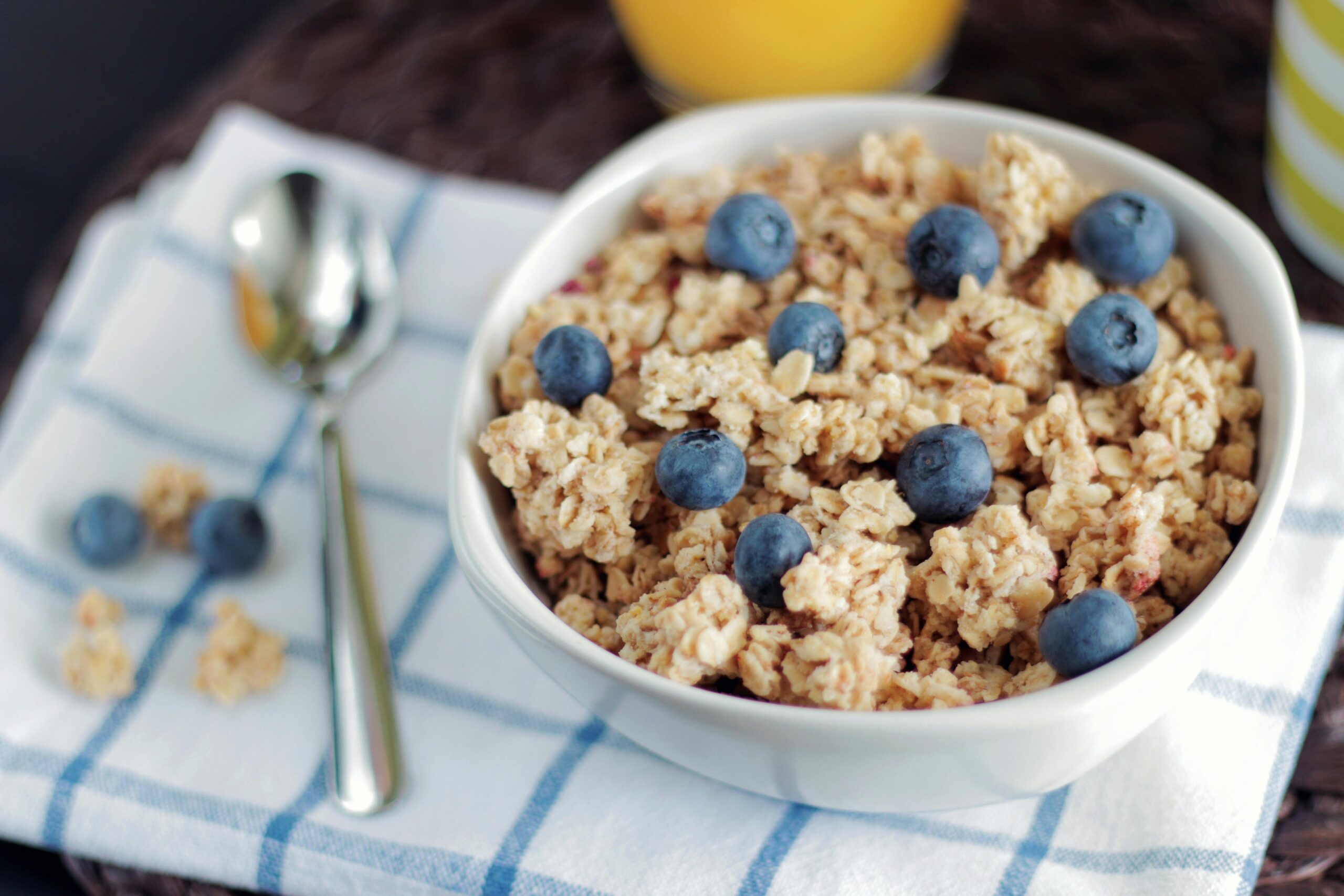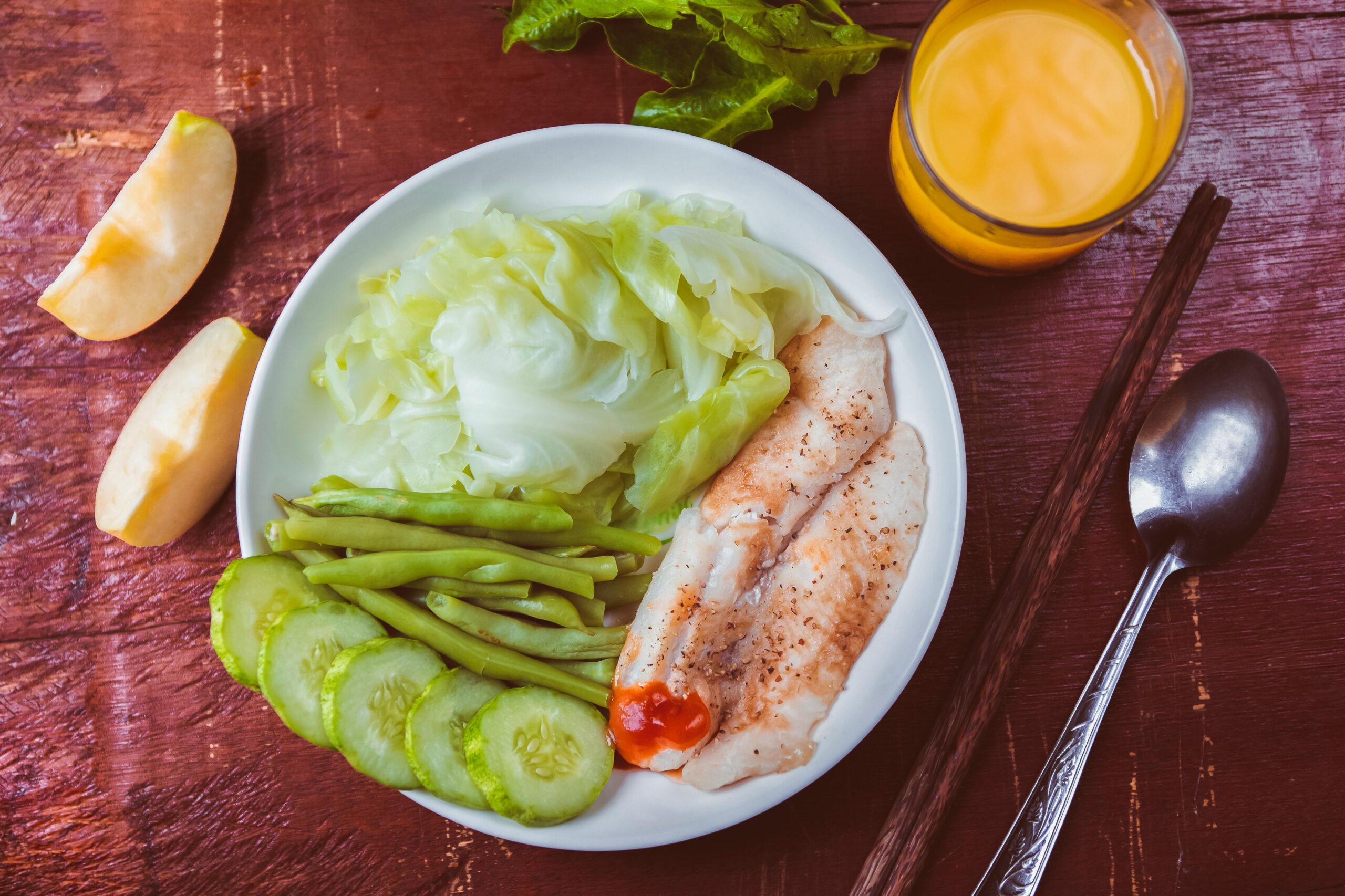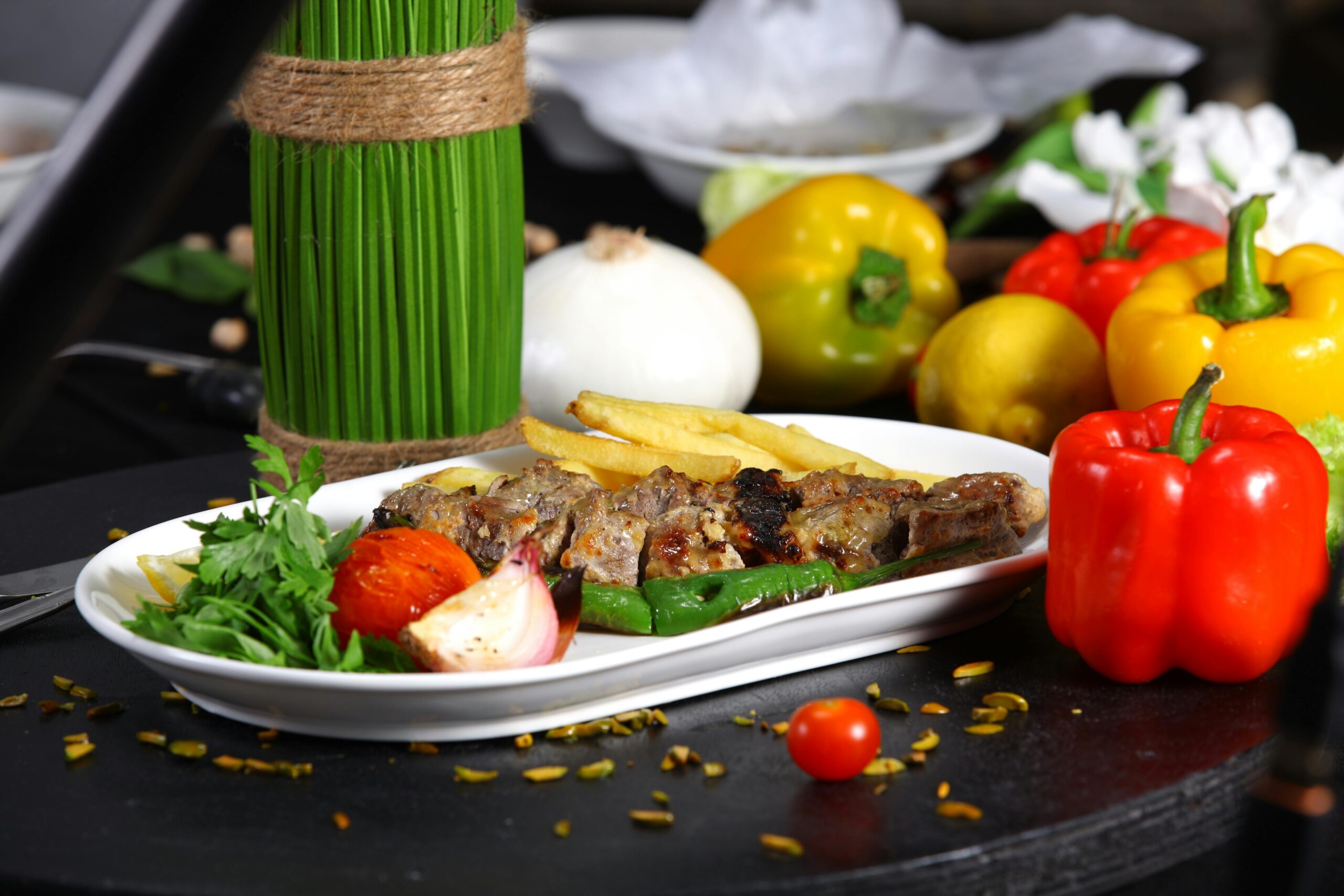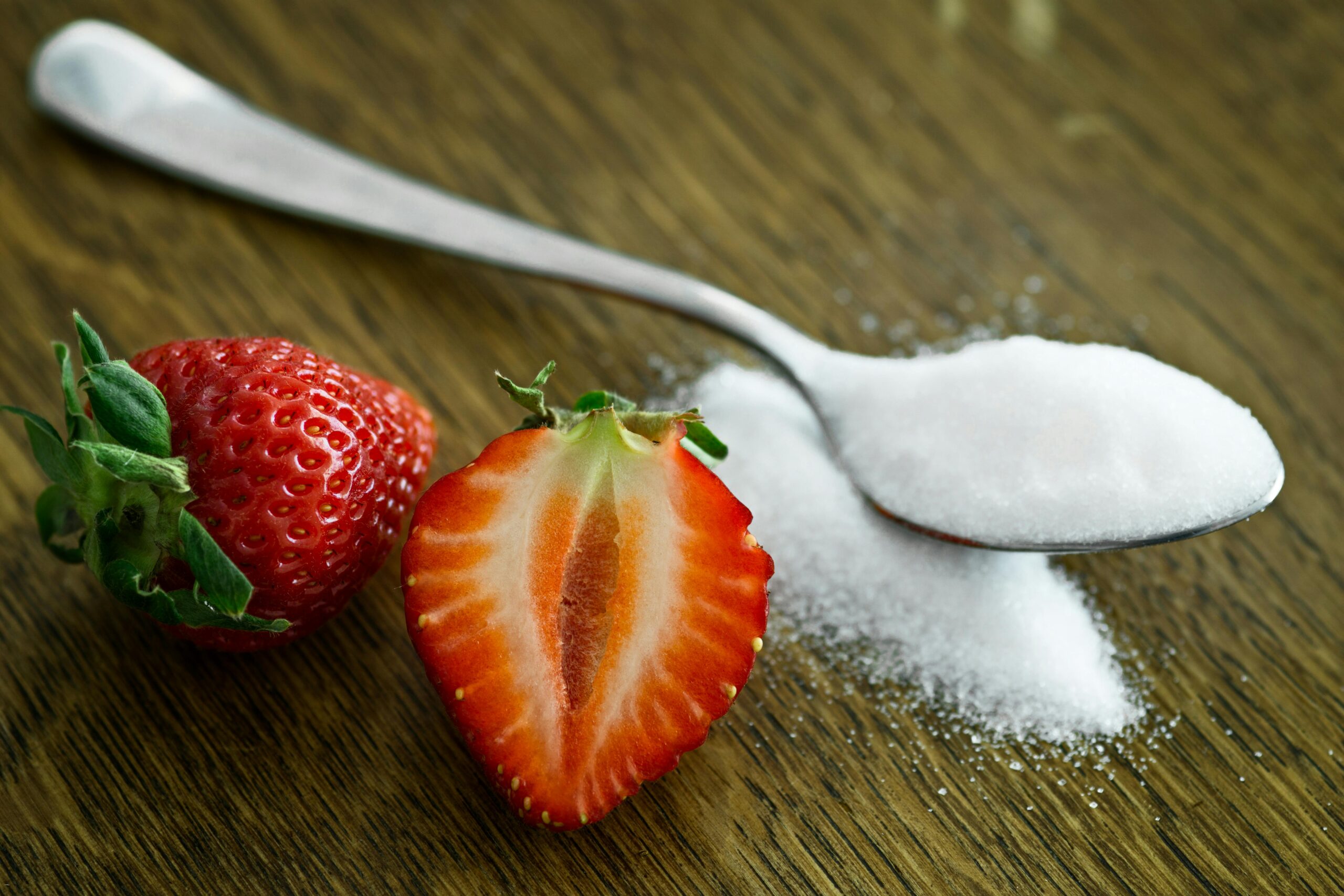Meet the super strict vegans who refuse to eat any sugar or salt and exist almost entirely on a diet of fruit and nuts. Allee and Hendry Gurung, both 29, are high-raw vegans and their intake consists mostly of raw and exotic fruits like durians and mangos, as well as vegetables and nuts. They only eat cooked foods such as potatoes, rice and pasta once a day or once every few days.
The pair says their strict diet has benefitted their skin and say they’ve also lost body fat after cutting oil and sugar from their diet. As a result, they feel “revitalized, connected and full of energy” when they made the change to a high-raw vegan diet.
That said, they admit they have regular blood checks to make sure they’re getting enough nutrients.
After struggling with lots of different digestive problems, Allee decided to go vegan seven years ago, before switching to a full high-raw vegan diet in 2017, the same time as Hendry. On a typical day, the pair will eat fruit for breakfast, a large plate of exotic fruit for lunch, either a cooked starchy meal or high-density fruit like durian for dinner, nuts and seeds such as “activated almonds” for snacks, and drink smoothies and water.

“We know it’s not for everyone, but we’re not trying to impose our lifestyle on anyone, only showcasing how we eat,” says Allee, a yoga instructor from New York, according to South West News Service. “I was really struggling with skin and digestive issues and nothing I did seemed to be working. I used lots of different treatments before finally deciding to go vegan, and then high-raw vegan in 2017.
“We always talk about how good we felt when we transitioned to a high-raw vegan diet,” she adds. We don’t feel like we miss anything as we’re always listening to our bodies”
After becoming vegans, the couple soon went one step further and cut out all oils and artificial sugars, as well as lowering their salt intake from their diet. “Oil is super dense,” Allee notes. “People sometime eat small quantities, but cover it in dense oil, which creates an overeating effect.”
Growing up in Nepal, Hendry says he was surrounded by food and plants.
“Food is big part of the culture, and fruit has a really powerful energy,” he explains. “There’s a really vibrancy around plants and fruits, and there’s so much variety. Plants and humans have a linked relationship.”

Allee and Hendry say they still eat cooked food like sprouted curry burgers, or zucchini and yellow mung bean fritters. The majority of their diet is made up from high-density fruit.
“We tend to eat more of the starchy food like potatoes and rice in the evenings and fruit, smoothies and nuts throughout the day,” Hendry says. “You can eat much larger proportions of fruit and it doesn’t fill up as much due to the lower calorie amount. If you want to get used to eating a lot of fruit, you have to eat high density fruit like durian and mango. This allows your body to get used to more calories from just fruit.
“We know our diet requires checks and we regularly get blood tests and work done to make sure we have enough of the right nutrients to keep our bodies in check,” he adds. So many people eat more protein than they need. Protein is in everything. You don’t need as much as you think. We usually eat around 30 to 40g of protein a day.”
The couple work as yoga instructors and combine their teaching within their lifestyle. They wake up before sunrise and practice yoga, before eating a portion of fruit to start the day. After preparing some cooked food like an “enchilada casserole” or a “potato pie with thyme,” the couple will make sure they’ve eaten their last meal of the day before sunset.
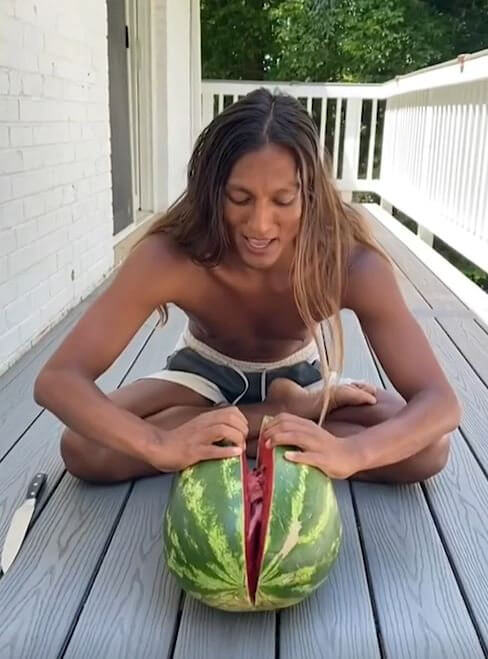
Among their favorite fruits are mangos, durians, watermelons and pitayas — the fruit of a cactus. The pair like to spend as much time outside as possible, to “connect” with the earth. Their message to anyone wanting to incorporate more fruit in their diet is to “eat seeded fruit” and “try lots of different fruits to see what works as there’s so much variety.”
Avoiding sugar and eating more fruits and vegetables are certainly part of a gut-healthy diet. That said, GutNews recommends speaking with your doctor and a nutritionist before making any significant changes to your diet and lifestyle.
Report by South West News Service writer Jake Meeus-Jones

